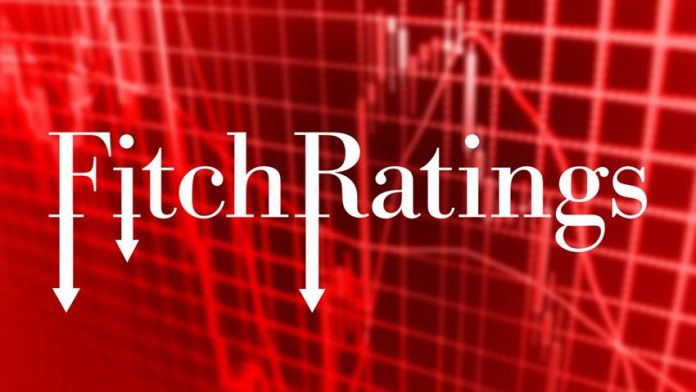Two ratings agencies delivered blows yesterday to Mexico’s financial standing.
Fitch Ratings downgraded Mexico’s sovereign debt rating to one notch above junk status, citing risks posed by the heavily-indebted state oil company and trade tensions, while Moody’s cut its outlook to negative.
The peso fell 1.3% on the news to trade at just above 19.5 to the US dollar at 9:00pm last night.
Fitch cut Mexico’s rating from BBB+ to BBB, stating that Pemex’s deteriorating credit profile posed an increased risk to public finances.
In a statement issued yesterday afternoon, the agency said that it expects the government to continue to support the state company, which has largely external debt of US $106.7 billion.
“. . . As our base case expectation is that ongoing sovereign support will be extended to Pemex over the medium term through a combination of a lower tax burden and/or further capital injections, our assessment of the sovereign’s public finances is weaker . . .” Fitch said.
The ratings agency noted that Pemex’s tax bill exceeds its free cash flow, “preventing it from investing sufficiently to maintain production and reserves.”
Analysts have also warned that construction of the new US $8-billion refinery on the Tabasco coast will divert funds from Pemex’s profitable oil production and exploration business.
In addition to the Pemex concerns, Fitch said there is “ongoing weakness in the macroeconomic outlook, which is exacerbated by external threats from trade tensions, some domestic policy uncertainty and ongoing fiscal constraints.”
The ratings agency said that “growth continues to underperform, and downside risks are magnified by threats by U.S. President Trump to impose tariffs on Mexico from June 10.”
Trump announced last week that blanket tariffs that could rise to as high as 25% will remain in place until Mexico takes effective action to alleviate the “illegal migration crisis.”
Mexican officials, including Foreign Secretary Marcelo Ebrard, met with United States Vice President Mike Pence and Secretary of State Mike Pompeo at the White House yesterday but failed to reach a deal to stave off the tariffs. Talks will resume today.
Cutting its outlook for Mexico from stable to negative, Moody’s said “the Mexican government’s increasingly unpredictable policy-making is undermining investor confidence and medium-term growth prospects.”
Along with “changes in the role of Pemex in the context of Mexico’s energy policy, these factors threaten to push up debt in the coming years, thereby eroding the country’s fiscal strength,” it added.
Moody’s assessment of Mexico’s sovereign rating remains at investment grade A3.
The ratings agencies’ latest move on Mexico’s sovereign rating could increase pressure on Pemex’s own rating, Reuters said.
The company is already on the brink of losing investment grade after Fitch cut its credit rating to one notch above junk in January.
President López Obrador has been highly critical of ratings agencies, accusing them of hypocrisy for maintaining a “complicit silence” while previous governments implemented “neoliberal” policies that damaged Pemex and other state-owned companies.
This morning he said the economy is “going very well,” pledging growth and no increase to public debt during his administration.
“With all respect, the mistake by ratings agencies and financial experts is that they have applied the same methodology for three decades, one that was used during the neoliberal period and doesn’t take into account the corruption variable.
“So for that reason their forecasts won’t pan out . . .”
The president also said that the peso has been resilient and “we don’t have inflation problems.”
However, Bank of México Governor Alejandro Díaz de León said last week that the tariffs will generate volatility in the exchange rate and could have an impact on both inflation and economic growth.
Gabriela Siller, head of economic analysis at financial group Banco Base, said that without a deal in Washington to stop the imposition of tariffs next week, the peso could fall to 20.1 to the dollar in the short term.
Source: Reuters (en), El Financiero (sp), Milenio (sp)
